- +91-9484540774
- goodlifepainclinic@gmail.com
- Vadodara, Gujarat - 390015
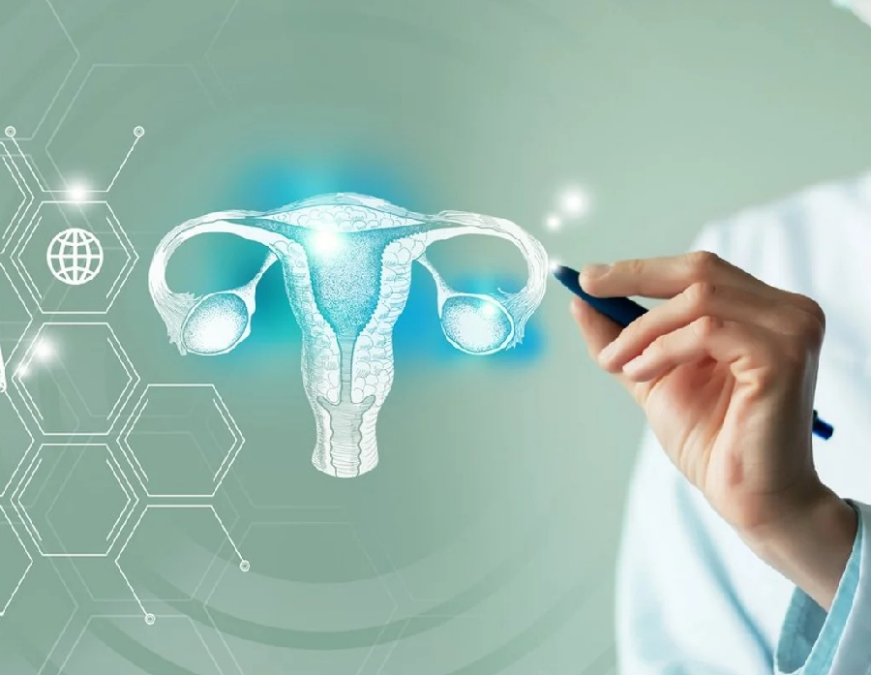
Ovarian cancer is a serious and life-threatening disease that affects the ovaries, which are the female reproductive organs responsible for producing eggs and hormones. It is the seventh most common cancer in women worldwide and has a high mortality rate. The good news is that with early detection and proper treatment, the chances of survival are significantly increased.

There are certain risk factors that increase the chances of developing ovarian cancer. These include a family history of ovarian or breast cancer, mutations in the BRCA1 and BRCA2 genes, older age, obesity, hormone replacement therapy, and having never been pregnant. It is essential to be aware of these risk factors and take necessary precautions to reduce the chances of developing ovarian cancer.

Early detection is crucial in the fight against ovarian cancer. Regular check-ups and screenings can help in identifying the disease in its early stages. These screenings include physical exams, blood tests, and pelvic ultrasounds. If you experience any unusual symptoms or have any risk factors, it is imperative to consult a doctor for proper assessment and diagnosi

Ovarian cancer is often called the “silent killer” because in the early stages, there are usually no noticeable symptoms. However, as the disease progresses, the following signs and symptoms may occur:
If you experience any of these symptoms, it is essential to consult a doctor for further evaluation.
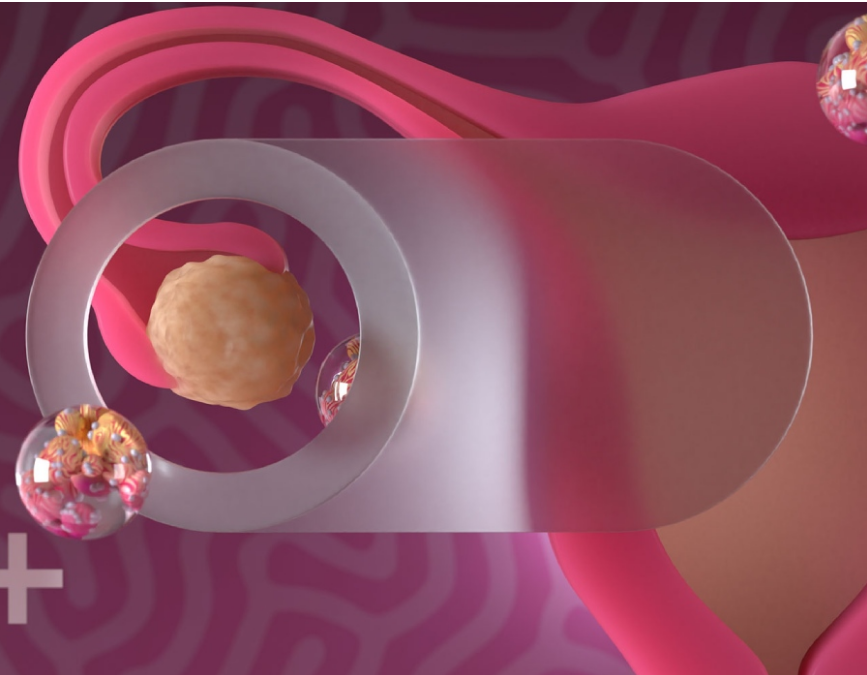
If ovarian cancer is suspected, your doctor will conduct a series of tests to determine the diagnosis. These tests may include imaging scans, blood tests, and a biopsy. Based on the results, your doctor will determine the stage and type of ovarian cancer.
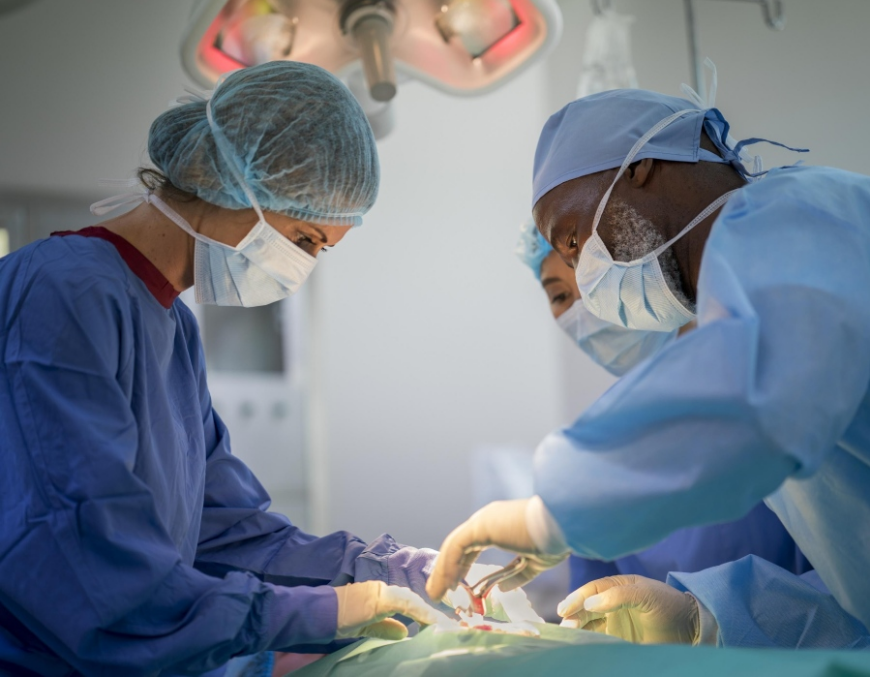
Treatment for ovarian cancer usually involves surgery, chemotherapy, and radiation therapy. Your doctor will create a personalized treatment plan based on the stage and type of cancer, as well as your overall health. It is essential to follow your doctor’s instructions for treatment and take any prescribed medications diligently. Additionally, a healthy lifestyle with a balanced diet and regular exercise can help improve treatment outcomes.
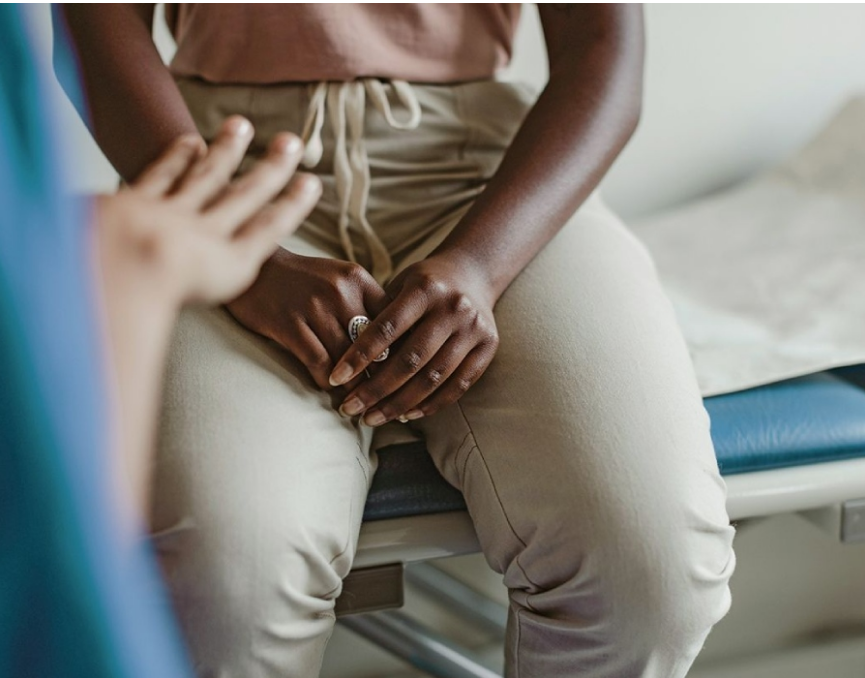
Surviving cancer is a journey that doesn’t end after treatment. It can be physically and emotionally draining, and it is crucial to have a strong support system during this time. It is essential to seek support from family, friends, support groups, and mental health professionals to help cope with the challenges of post-treatment life and maintain a positive outlook.

Certain lifestyle changes and risk-reducing surgeries (for those with a family history) can help lower the chances of developing the disease.
It is recommended to get screened annually if you have a family history of ovarian cancer or if you experience any symptoms or have risk factors.
It depends on the stage and type of cancer and the type of treatment. It is essential to discuss these concerns with doctor before starting treatment.
Alternative treatments such as acupuncture or herbal remedies are not proven to be effective in treating ovarian cancer. It is essential to consult with a doctor for a proper treatment plan.
Cancer is on a rise. Each year more than 1 crore people lose their lives to cancer. We understand that the quality of life is equally important to the quantity of life. Our treatments always keep the quality of life in focus. This has helped us achieve exceptional patient outcomes.
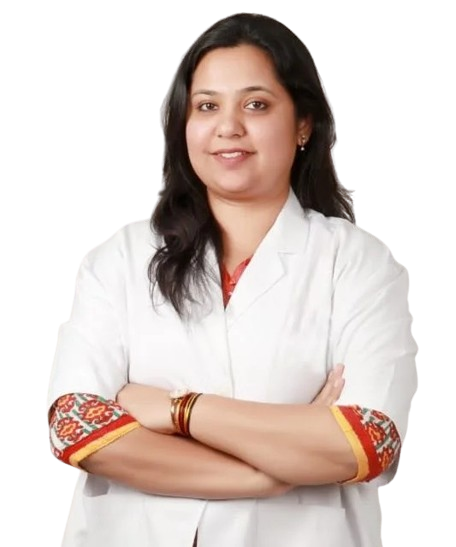
Pain and Palliative Specialist
MBBS from KMC, Mangalore, Manipal University
MD Anaesthesia from People's College, Bhopal
FIAPM (Fellowship in Pain Medicine)
Daradia, Kolkata
EDPM - European Diploma in Pain Medicine, Belgium

Medical oncologist and Hematologist
MBBS from UCMS and GTB hospital, Delhi
MD Radiation oncology from the prestigious KGMU college, Lucknow
DM Medical Oncology from Ramiah Medical College/ HCG Ramiah Hospital, Bengaluru
ESMO - Certified European Society for Medical Oncology